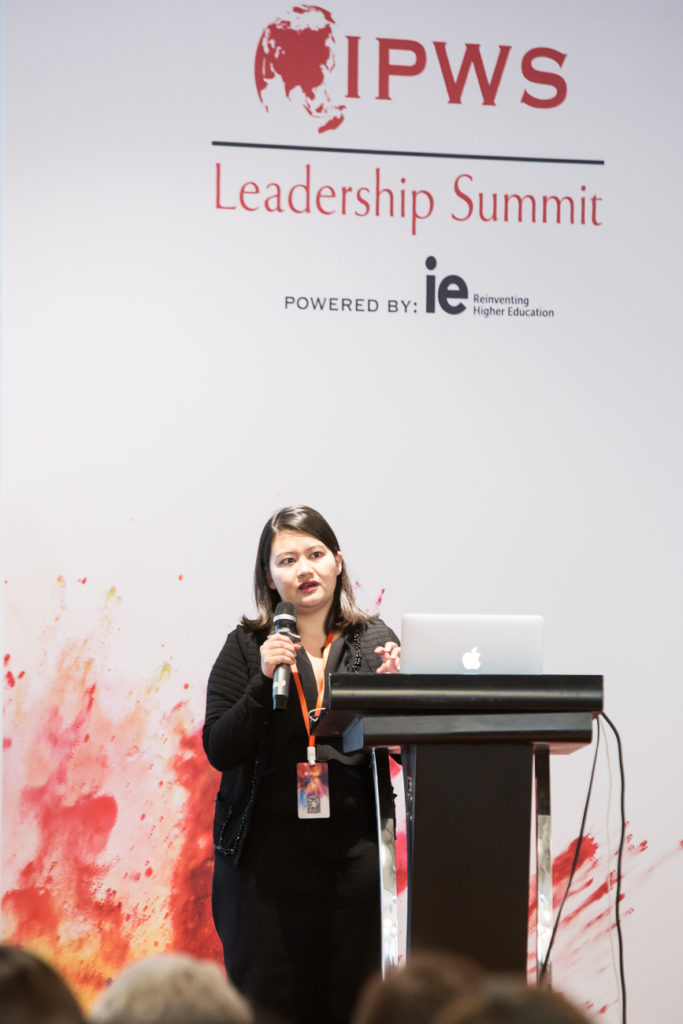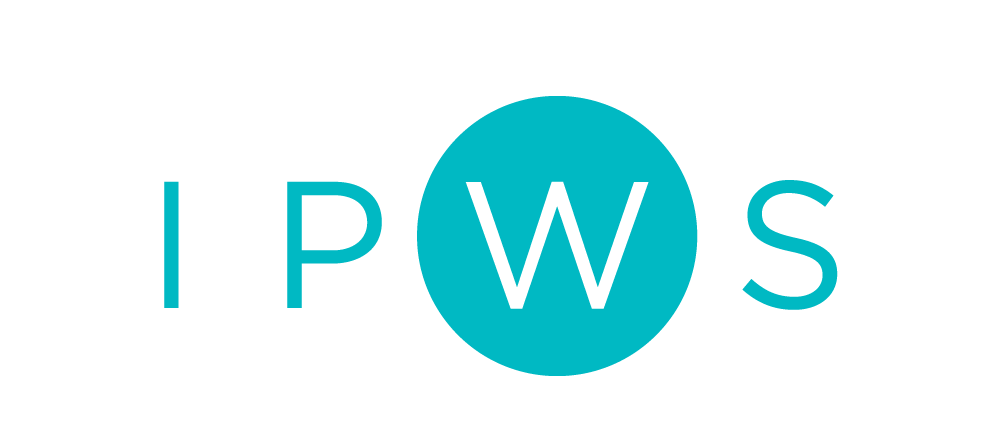
Virginia Tan from Lean In China, speaking at the 2017 IPWS Leadership Summit
As part of the IPWS partnership with Lean In China we strive to empower our communities with the latest tools and insights to advance personal and professional development. The 2017 Lean In China’s annual nationwide survey, “Women, Work and Happiness” focuses on the impact and challenges in a digital age. The report, based on the 2017 survey aims to;
Understand the separate motivations and priorities of men and women
Understand the leadership behaviors and relevance of these leadership behaviors
Understand how organizational practices can influence the impact of women in the workplace in China
Most of us have embraced the digital world full-force, proven alone by our dependance on our mobile devices, but what does this new digital age mean for the workforce, specifically women?
This report focuses on understanding the leadership behaviors of Chinese men and women and their resulting impact on the workplace across China. The research also focuses on the projected impact, both negative and positive that technology will have on the workforce. This report was created by Lean In Chin and Deloitte China, and what follows is a summary of the report. To read the full report click; Lean In China 2017 White Paper
Key findings in the report
The importance of family
Men value family as much as women with 62% of women and 57% of men saying they consider family and career as equally important. However, the report found that a slightly higher percentage of men, 34% (30% of women), think that family is more important than career.
Challenge of work-life balance
This was one of the top challenges cited by men and women, but as women become more senior the challenge becomes more prevalent and they are more likely to cite this challenge than men.
Gender discrimination as a challenge of work-life balance was not ranked highly by either gender.
Having equal opportunities was also not viewed as a major challenge by either gender, however women were half as likely to agree that they had equal opportunities as their male counterparts.
Leadership ambitions
Men and women equally ambitious to move into leadership positions, but men were more likely to want to rise to the most senior leadership role
External time commitments
Time spent with children was the largest time commitment for both respondents, but women spent more time outside of work with children and family.
Concerns on having a second child
Men cited economic pressure as the biggest consideration, while women cited a shift in their work-life balance.
Leadership capabilities
Men rated themselves higher in all leadership capabilities than women rated themselves.
In regards to individual qualities; women rank themselves higher in emotional intelligence, breath of perspective and drive, while men rank themselves higher in experimenting and self-belief. Both men and women rank themselves lowest in terms of challenging others and risk taking – which are key factors for an entrepreneurial and innovative culture within organizations.
Organizational context in a digital age
Women are slightly more likely than men to have a greater financial impact within organizations that have a culture of risk-taking and inclusion. Having a defined leadership model, clearly defined expectations of leadership positions, and openness with employees regarding leadership potential empower women to create greater financial impact. At the same time, the more digitally mature an organization is, the more likely that women will invest extra time and effort.
The importance of networks
The report found that women respondents indicated among challenges they faced when seeking advancement opportunities is a lack of networks.
Fortunately, this can easily be solved through actively encouraging women to join social networks outside of the workplace, attaining soft skills and the creation of internal networks and increasing access. Something that IPWS has been committed to providing to women in Shanghai for the past 25 years.
We again would like to thank Virgi from Lean In China for making this paper available to the IPWS community, we’re so thankful to have such amazing partners!





